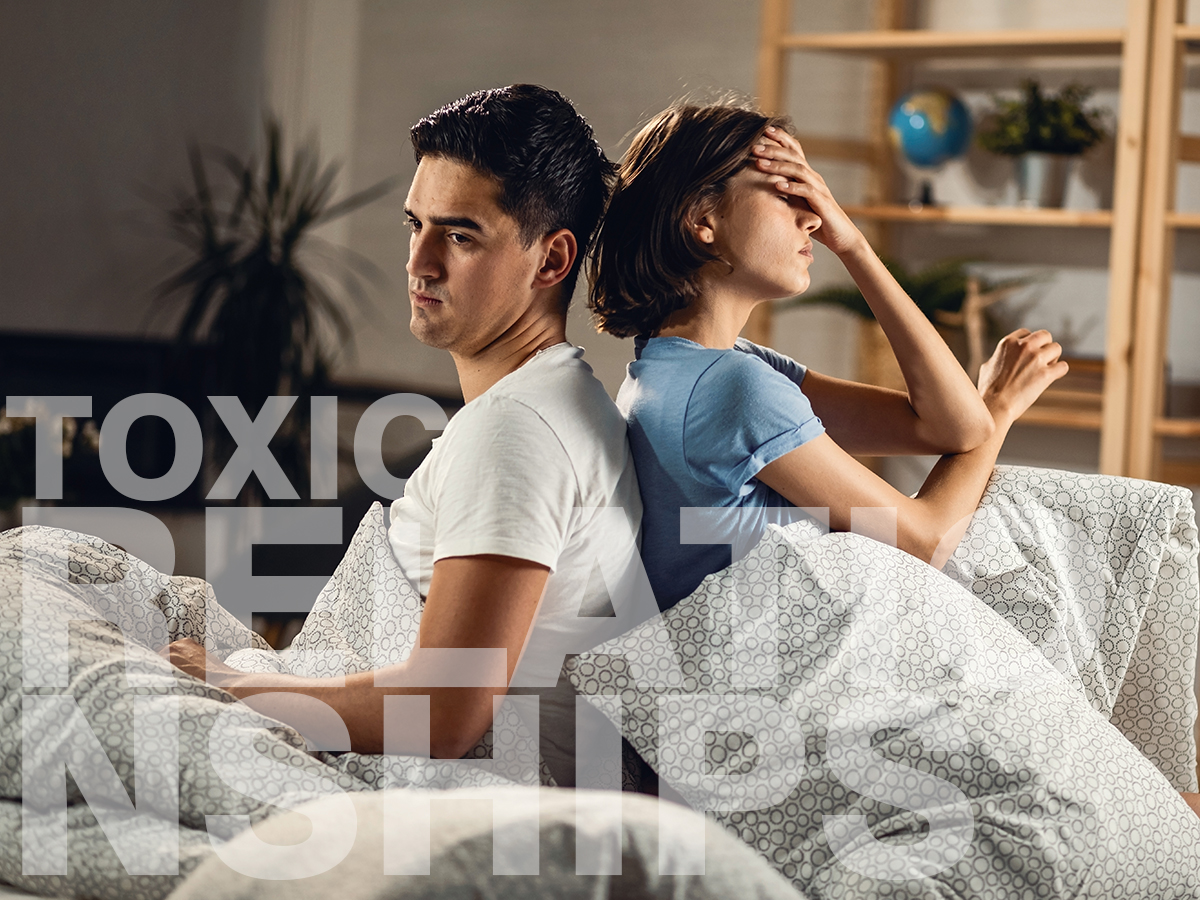Anxiety is a common mental health challenge that affects millions of people worldwide. While medications are effective for some, others prefer natural remedies to manage their anxiety. In this guide, we will explore how to reduce anxiety without medication through seven proven techniques that promote calm, focus, and overall well-being.
1. Practice Deep Breathing
One of the simplest and most effective ways to reduce anxiety without medication is by practicing deep breathing exercises. Anxiety often causes rapid, shallow breathing, which can worsen symptoms like dizziness and tension.
- How to Practice:
Try the 4-7-8 breathing technique:- Inhale deeply through your nose for 4 seconds.
- Hold your breath for 7 seconds.
- Exhale slowly through your mouth for 8 seconds.
- Benefits:
Deep breathing activates your body’s relaxation response, helping to lower heart rate and reduce feelings of panic.
Tip: Set aside a few minutes each day to focus on deep breathing to develop a sense of calm that you can tap into when anxiety strikes.
2. Engage in Physical Activity
Exercise is a natural and effective way to combat anxiety and stress. Physical activity helps your brain release endorphins—chemicals that improve your mood and reduce anxiety.
- Types of Exercise:
- Cardio: Activities like running, walking, cycling, or swimming are excellent for reducing anxiety. Aim for 30 minutes of moderate exercise, 5 days a week.
- Yoga: Yoga combines deep breathing, mindfulness, and stretching, making it a great option for stress relief.
- Benefits:
Regular exercise not only reduces anxiety but also improves sleep, boosts confidence, and provides a healthy distraction from stressors.
Tip: Find a type of physical activity that you enjoy to help you stay consistent.
3. Practice Mindfulness Meditation
Mindfulness meditation involves staying present in the moment and observing your thoughts without judgment. This practice can help you detach from anxious thoughts and focus on the present.
- How to Practice:
- Sit comfortably in a quiet space.
- Close your eyes and focus on your breathing.
- If your mind wanders, gently guide your focus back to your breath.
- Benefits:
Mindfulness has been shown to reduce the symptoms of anxiety, improve emotional regulation, and enhance overall mental well-being.
Tip: Start with just 5-10 minutes of meditation a day and gradually increase the duration as you become more comfortable with the practice.
4. Limit Caffeine and Alcohol
Caffeine and alcohol can worsen anxiety symptoms by triggering jitteriness, restlessness, and sleep disturbances. If you struggle with anxiety, it may be helpful to reduce your intake of these substances.
- Caffeine:
Found in coffee, tea, and energy drinks, caffeine stimulates the nervous system, which can exacerbate anxiety. - Alcohol:
While alcohol may temporarily ease anxiety, it can disrupt sleep and lead to heightened anxiety the following day.
Tip: Replace caffeinated drinks with herbal teas, such as chamomile or peppermint, which have calming properties.
5. Prioritize Sleep
Poor sleep can worsen anxiety, creating a vicious cycle where anxiety makes it difficult to sleep, and lack of sleep increases anxiety. By prioritizing good sleep hygiene, you can reduce anxiety symptoms.
- How to Improve Sleep:
- Establish a consistent bedtime routine.
- Avoid screens at least an hour before bed to limit exposure to blue light.
- Keep your bedroom cool, dark, and quiet for better sleep.
- Benefits:
Getting 7-9 hours of quality sleep each night helps regulate mood, enhance cognitive function, and reduce anxiety.
Tip: If you’re struggling to fall asleep, practice progressive muscle relaxation, where you tense and then release different muscle groups to promote relaxation.
6. Journaling
Journaling is a therapeutic technique that allows you to express and organize your thoughts and feelings. Writing down your anxieties can help you better understand what triggers them and find ways to cope.
- How to Journal:
- Set aside time each day to write about your thoughts and emotions.
- Don’t worry about grammar or structure—focus on letting your thoughts flow freely.
- Benefits:
Journaling helps to clarify your thoughts, reduce stress, and identify anxiety patterns.
Tip: Incorporate gratitude journaling by writing down 3 things you are grateful for each day, which can help shift your focus away from anxious thoughts.
7. Connect with Supportive People
Social support plays a vital role in reducing anxiety. Whether it’s family, friends, or a therapist, connecting with others can help you process your emotions and feel less isolated.
- How to Build Connections:
- Reach out to loved ones and share how you’re feeling.
- Join support groups, either in person or online, to connect with others who understand what you’re going through.
- Benefits:
Talking to someone who listens and offers support can reduce feelings of loneliness and provide a new perspective on anxiety.
Tip: Make time for regular social interactions, even if it’s just a short chat with a friend or a loved one.
Conclusion
Managing anxiety doesn’t always require medication. These seven proven techniques—from deep breathing and exercise to journaling and social connection—can help you naturally reduce anxiety and improve your overall mental well-being. By incorporating these practices into your daily routine, you can learn how to deal with stress and anxiety without medication and take control of your mental health.
Unlock a healthier you with expert-curated blogs, latest health news, and insights from professionals. Join Medixnest’s empowering community for accurate and accessible health information.

